Europee
-
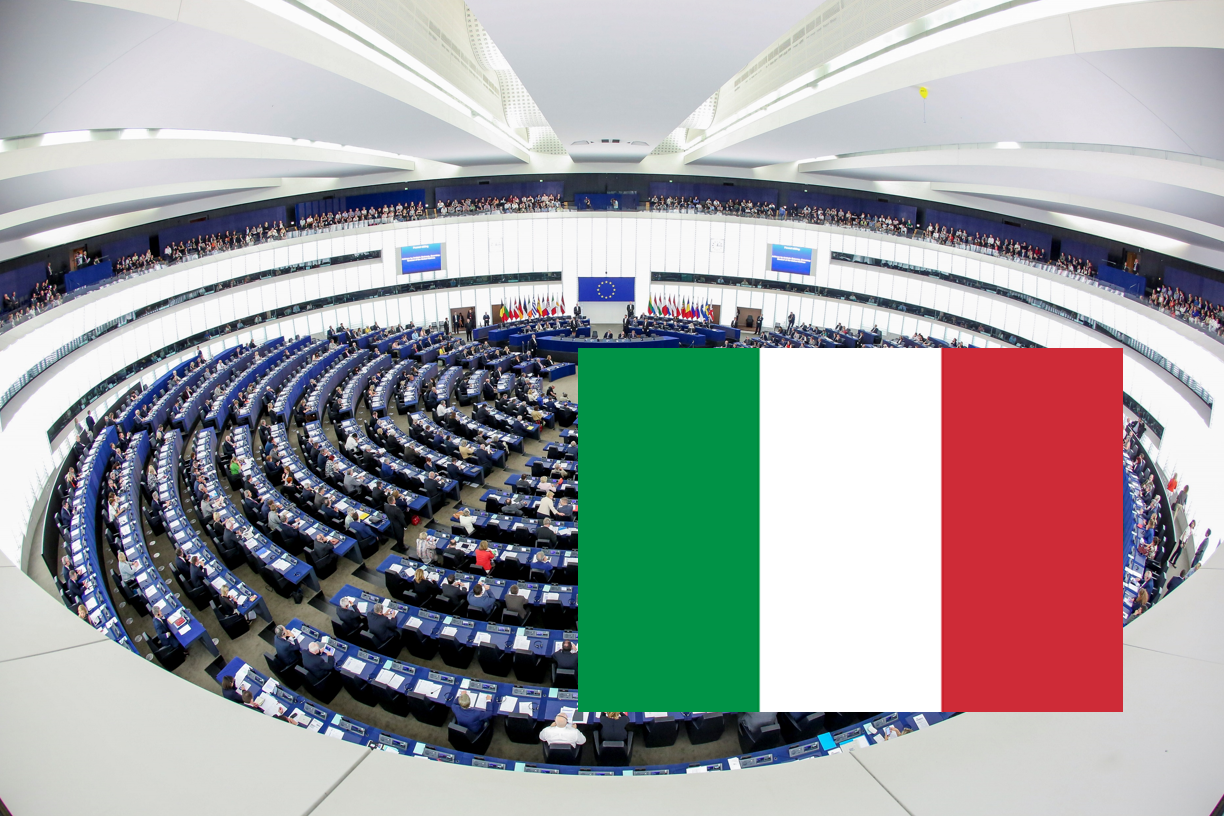
Italy: Complete overturn among government partners – the League doubles, the M5S is halved
Italy was among the countries going to the polls on Sunday,…
-
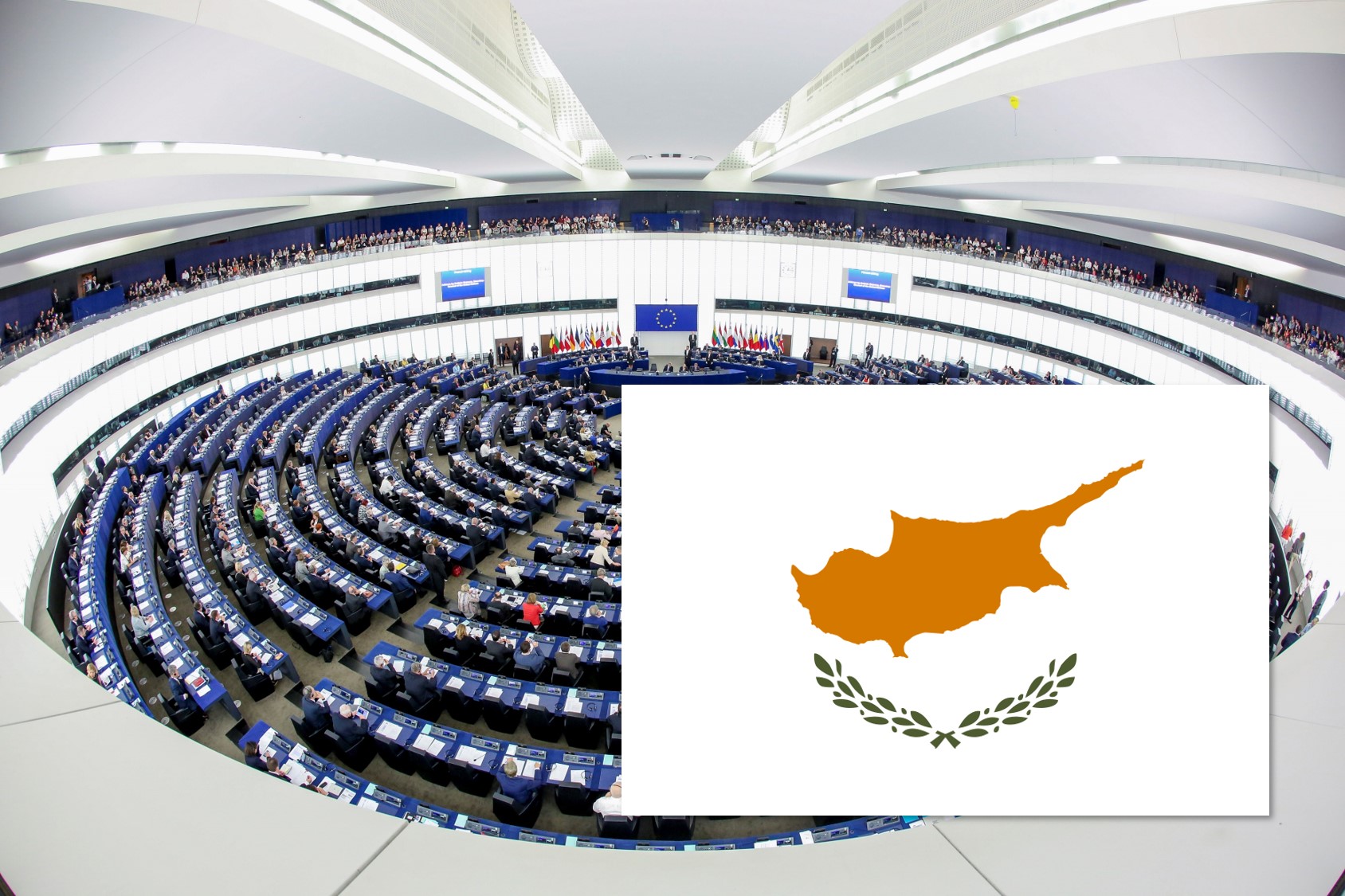
Europee Cipro: lievi apatia, punizione del governo e rafforzamento dell’estrema destra
Traduzione di Elisabetta Mannoni. Introduzione Le elezioni europee del 2019 nella…
-
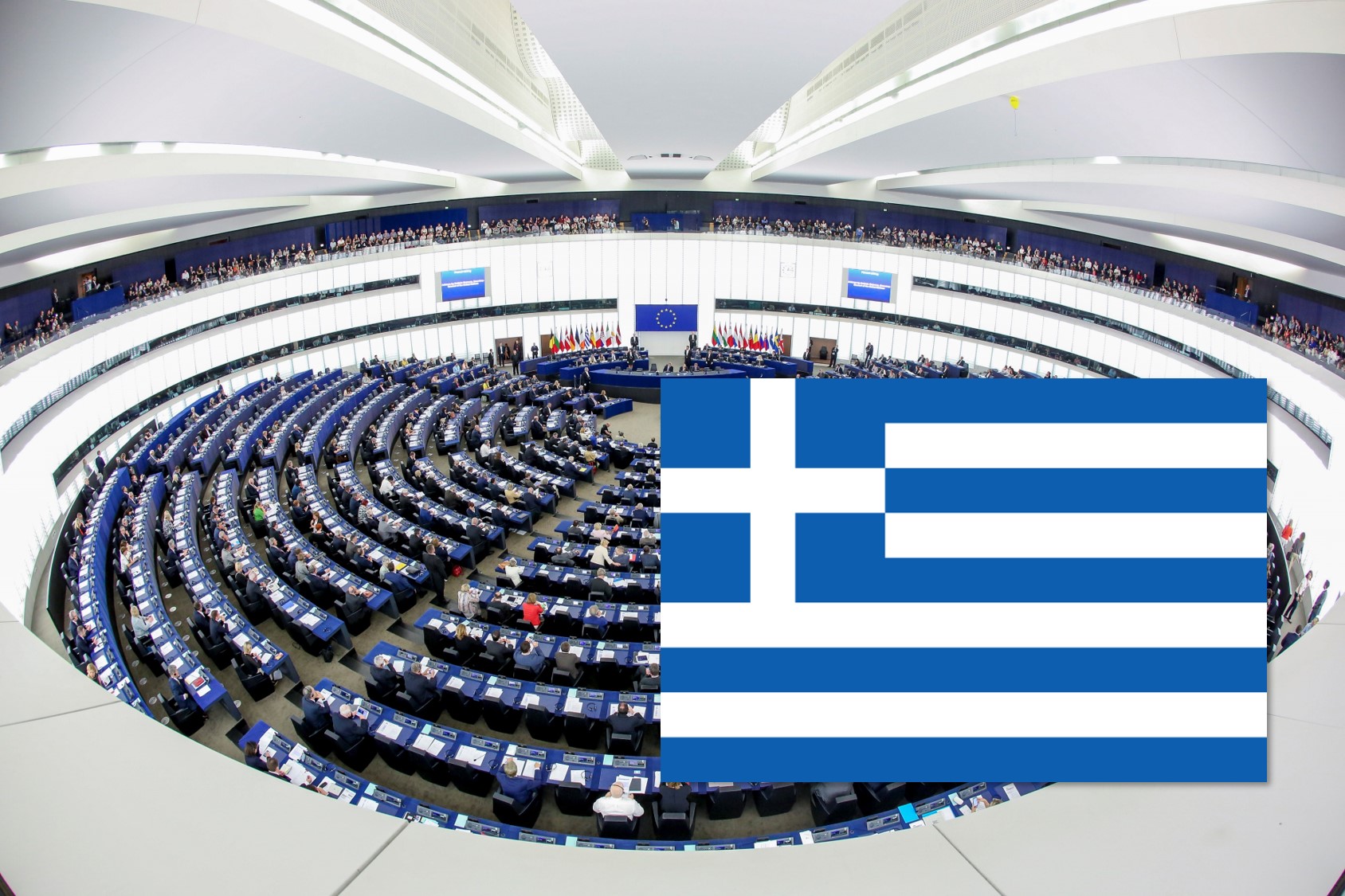
Greece: A Story of Punishment of Government and Party System Stabilization
The European Parliament elections of 2019 in Greece took place…
-
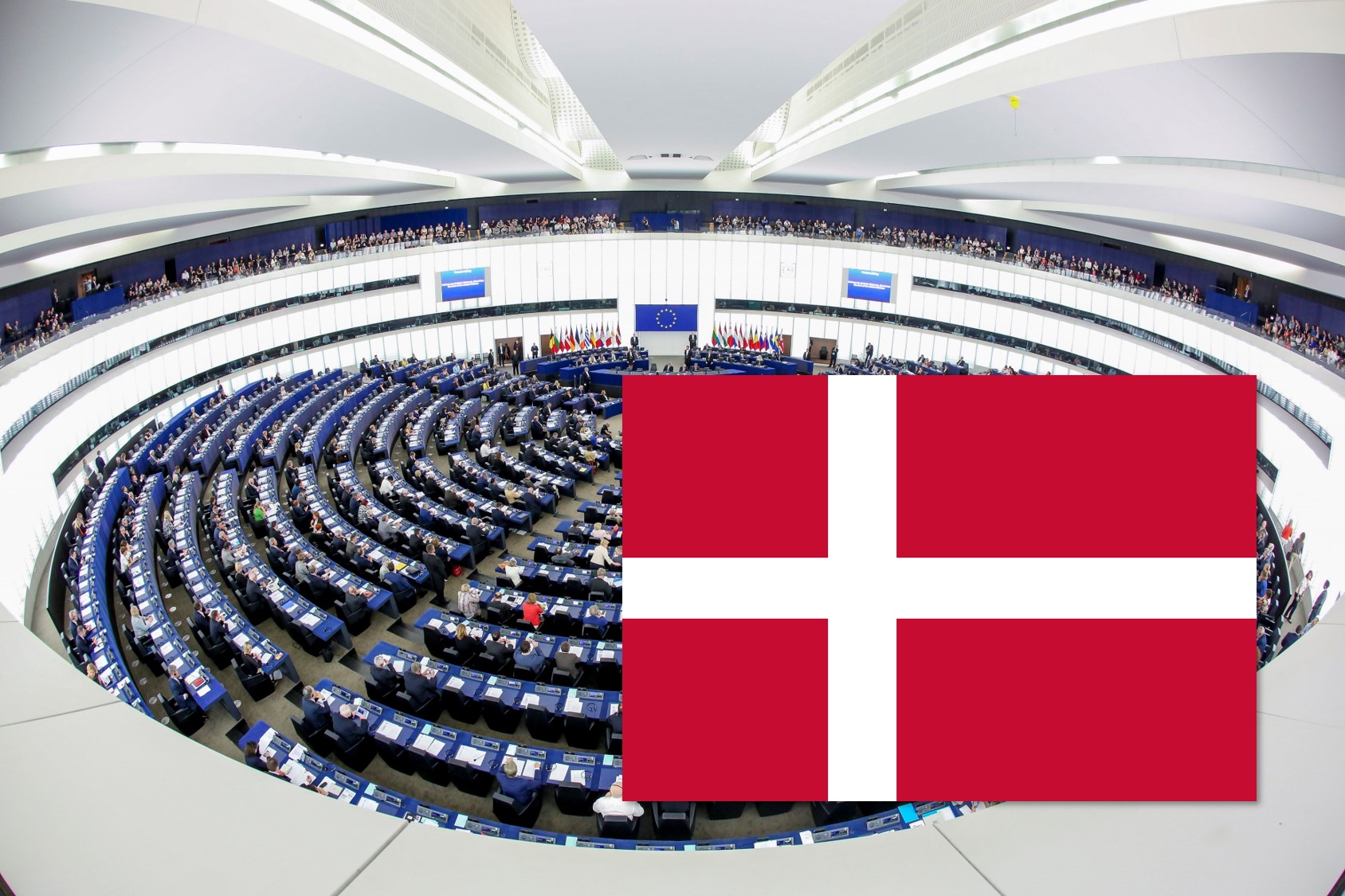
Europee Danimarca: il sorprendente successo dei partiti mainstream europeisti
Breve riassunto Le elezioni per il Parlamento nazionale sono state indette…
-
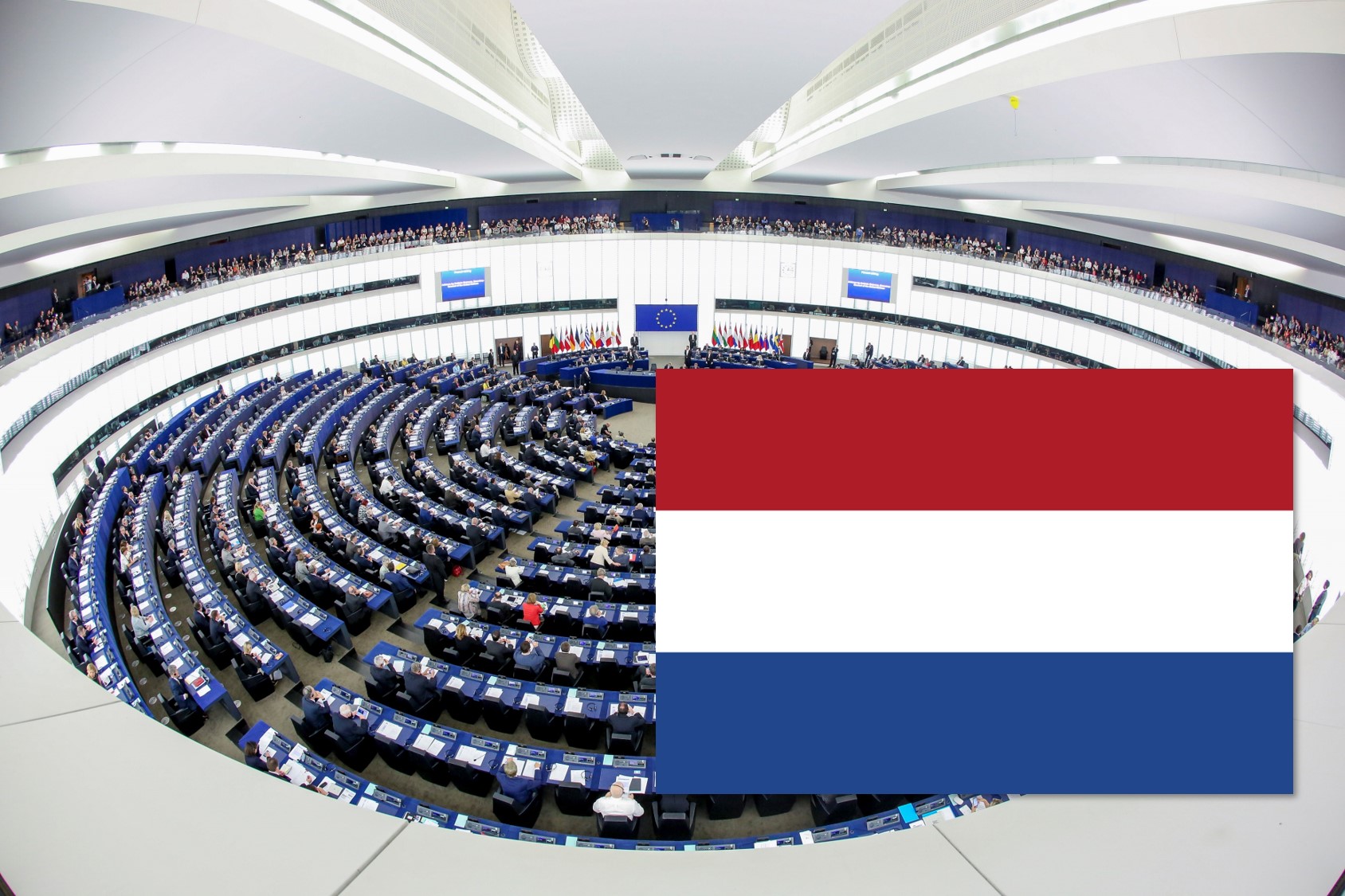
Europee Paesi Bassi: un effetto dello Spitzenkandidat Timmermans?
Traduzione di Giorgia Ramazzotti. Introduzione Paesi Bassi e il Regno Unito…
-
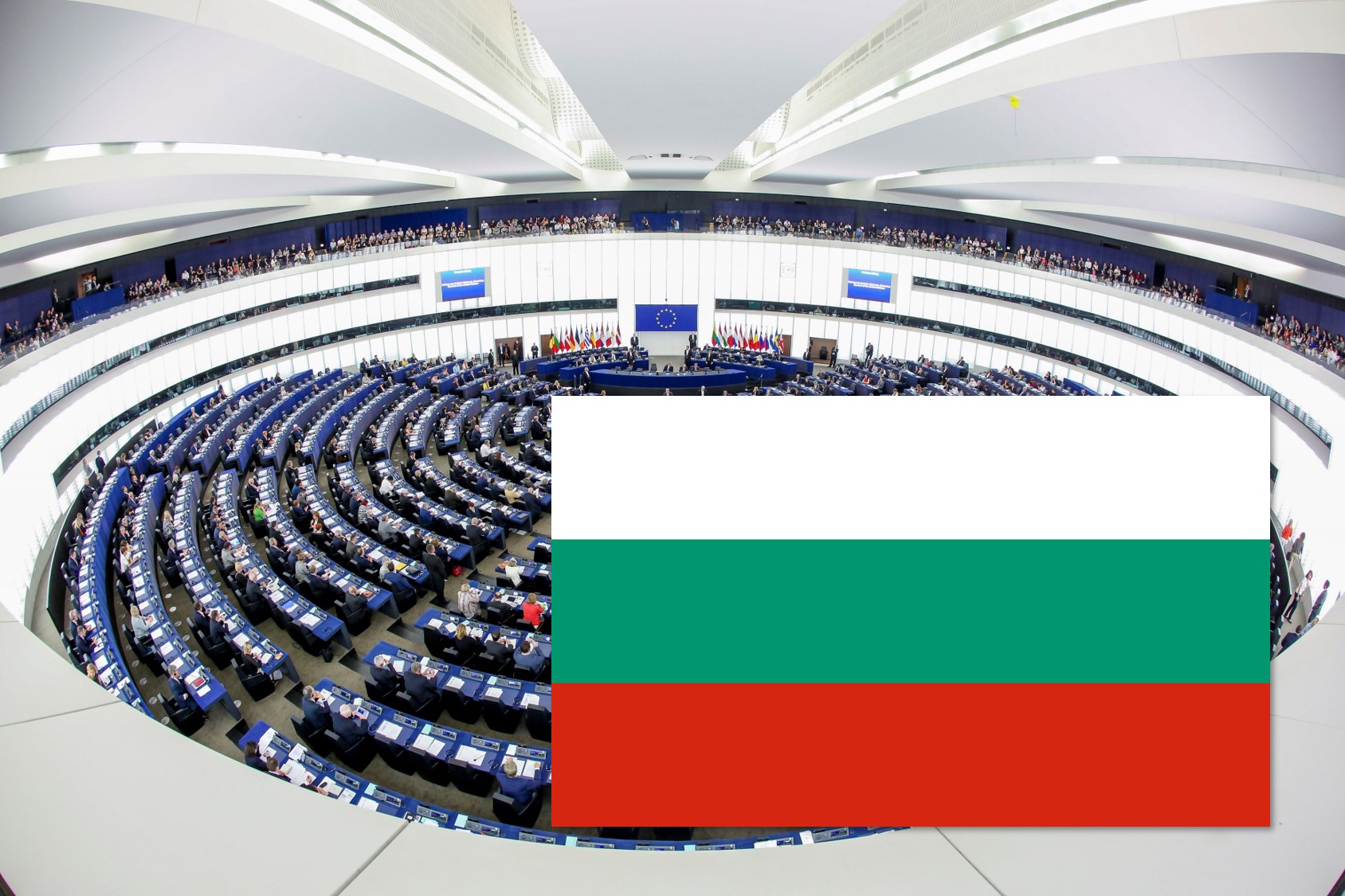
Bulgaria: Neither a Protest, nor a European Vote
Over six million voters were eligible to select 17 members of…
-

Croatia: Towards Further Fragmentation of the Party System
Introduction 2019 European elections in Croatia were held in a…
-
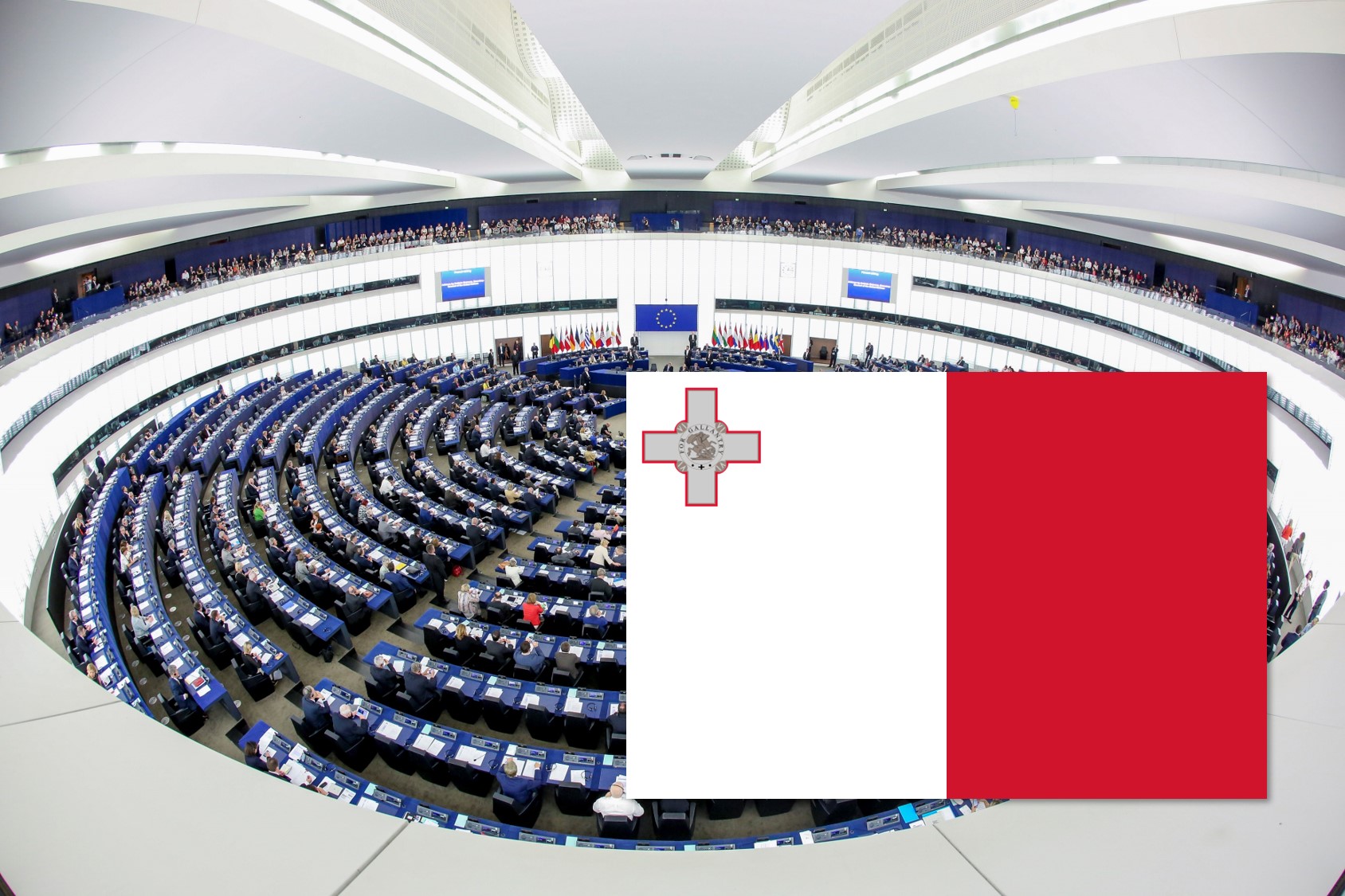
Europee Malta: laburisti inarrestabili?
Traduzione di Irene Fratellini. Introduzione Contrariamente alla tendenza europea generale, il…
-
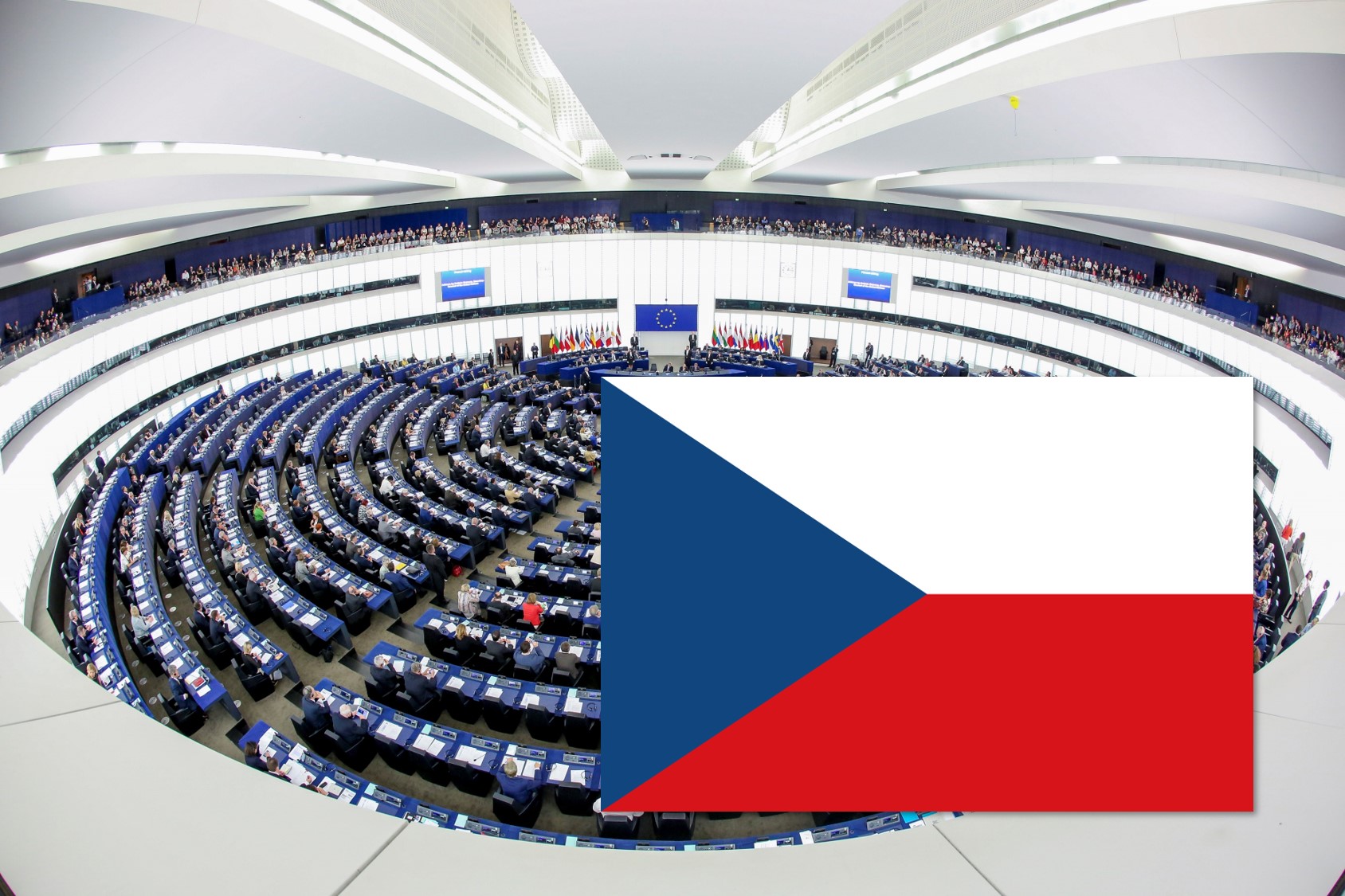
Europee Repubblica Ceca: non è un paese per (partiti) vecchi
Introduzione Ci sono tre fattori contestuali fondamentali per comprendere i risultati…
-
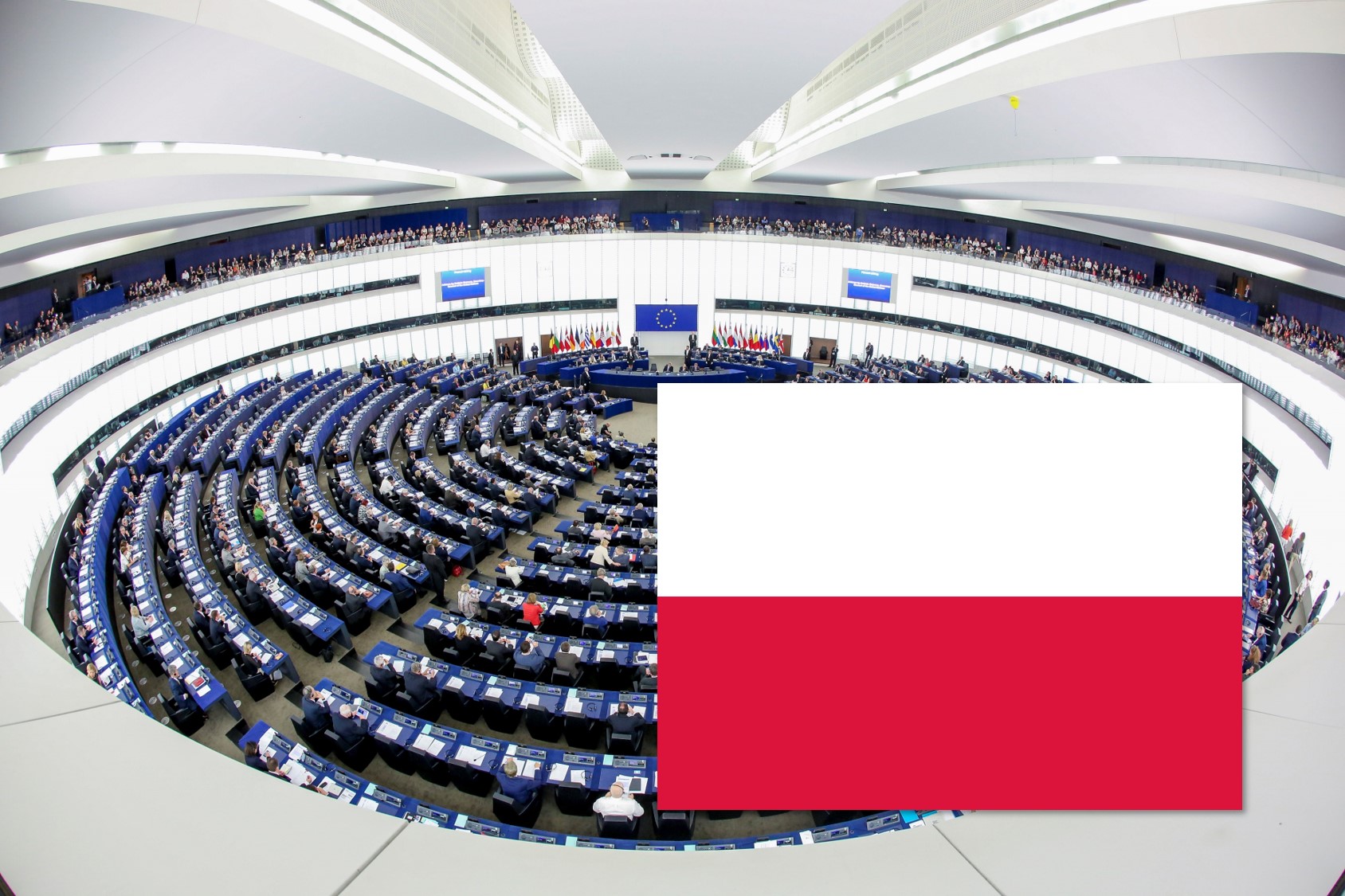
Europee Polonia: una scaramuccia prima della battaglia decisiva
Traduzione di Giorgia Ramazzotti. Introduzione Le elezioni del Parlamento Europeo in…